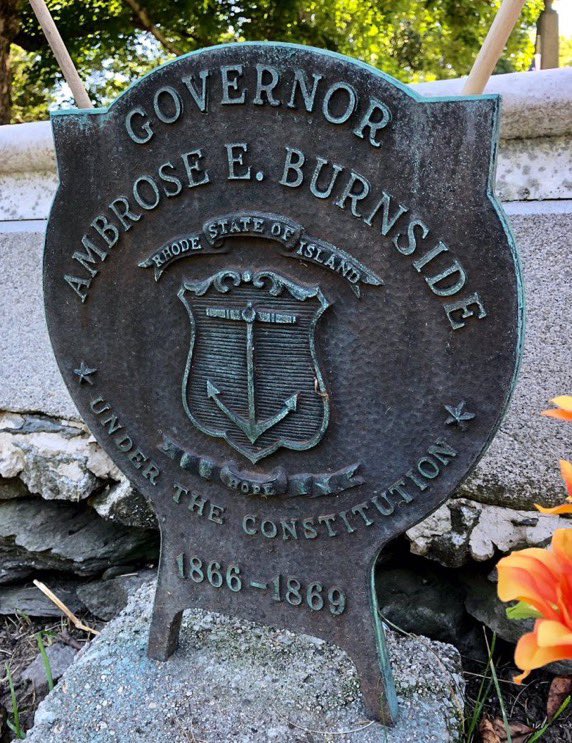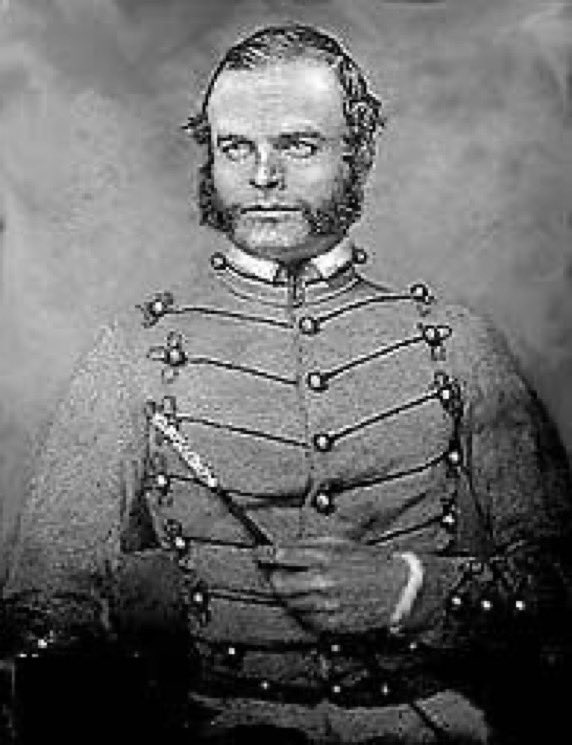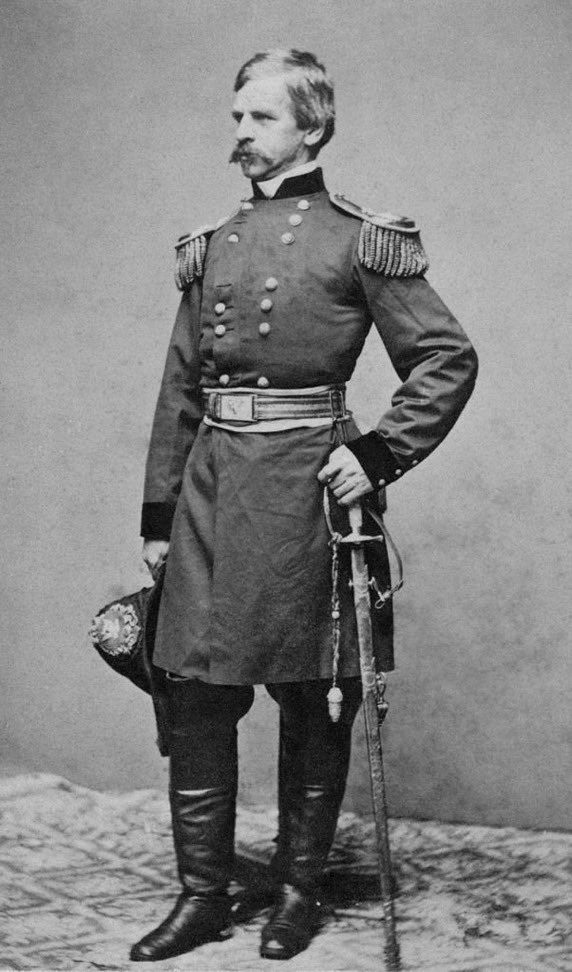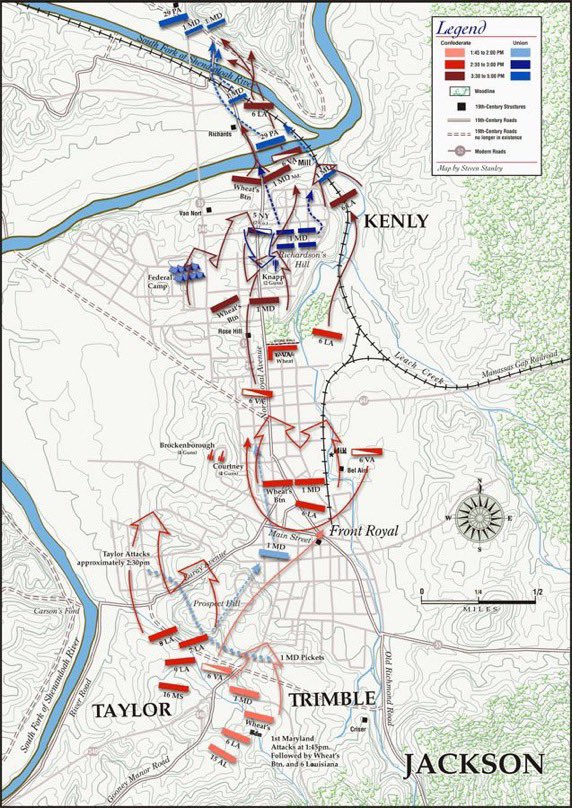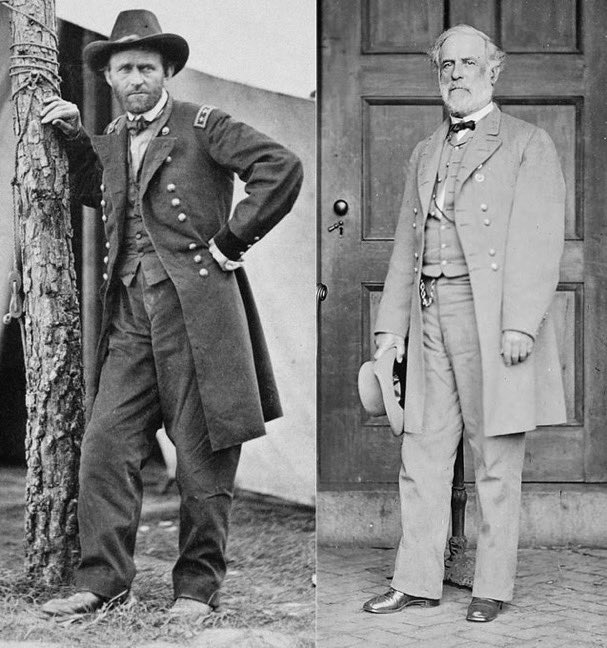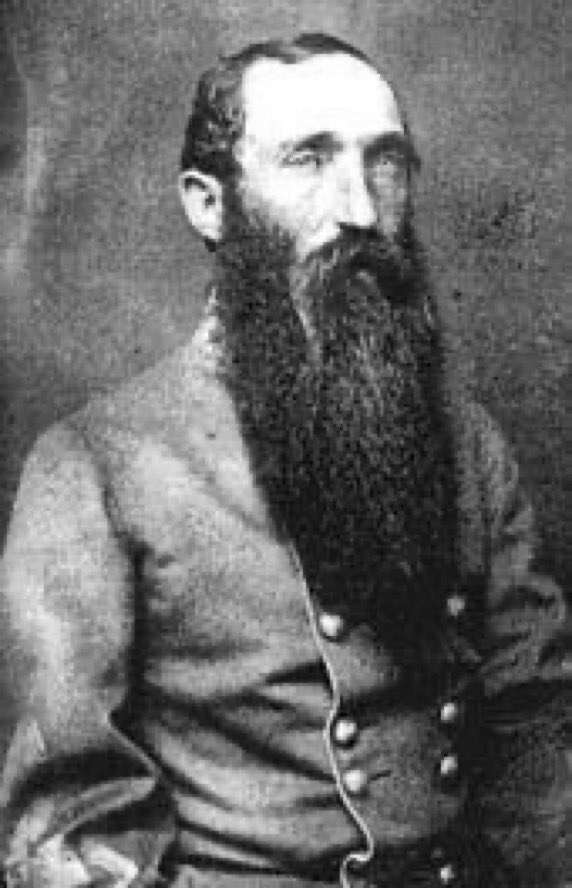The town of @lawrenceks was sacked #OTD in 1856 by pro-slavery forces led by the local sheriff, the US Marshal, and former US Senator David Rice Atchison. #CivilWar🧵 


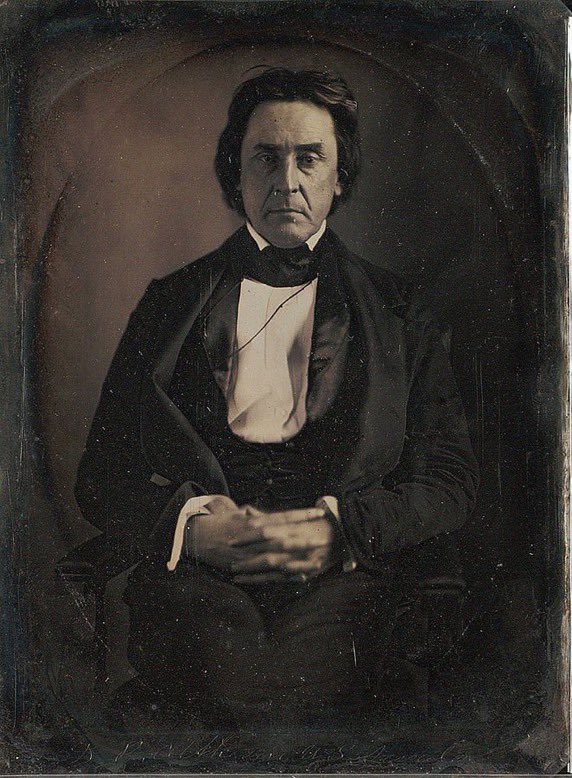
The town had been founded two years earlier by abolitionists from Massachusetts, backed by funding from the New England Emigrant Aid Company and from Amos Adams Lawrence, a wealthy philanthropist and @Harvard graduate after whom the town was named. 




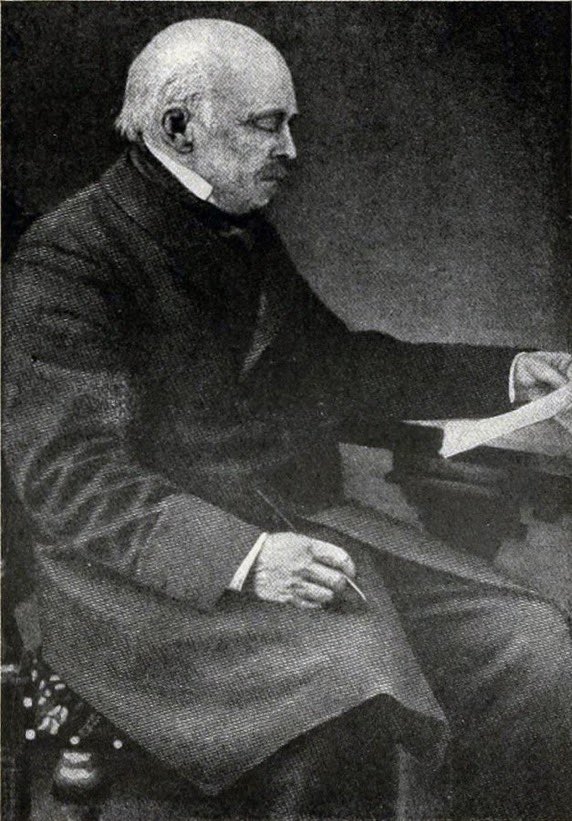
It quickly became the center of the battle over allowing slavery in the Territory, and the "Bleeding Kansas" violence that would ensue. "Border ruffians", led by Atchison, had cast thousands of illegal votes the year before, electing a pro-slavery territorial government. 



Anti-slavery advocates far outnumbered pro-slavery supporters in the territory, and held their own convention in Topeka in late 1855. They produced a new constitution that outlawed slavery and elected an anti-slavery government, with Charles L. Robinson as Territorial Governor. 





Robinson lived in Lawrence, which was also the location of several anti-slavery newspapers. In April, 1856, the pro-slavery Sheriff of Douglas County, Samuel Jones, entered Lawrence with a posse, intending to arrest several members of the new Free State legislature. 


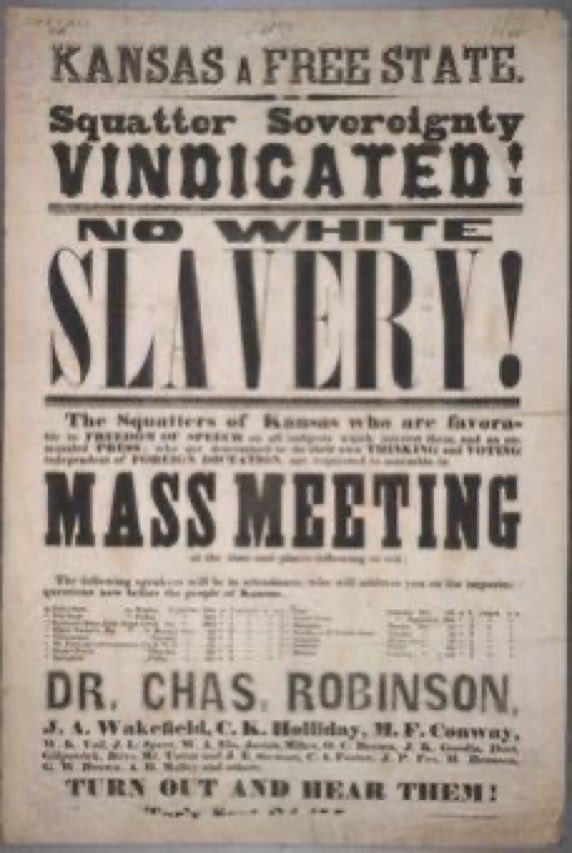
The local anti-slavery forces confronted Jones, and shots were fired. One of these struck Jones, and he and his men were driven from the town. Jones survived, but the local US Marshal, Israel Donaldson, announced that the crowd had prevented legal warrants from being executed. 


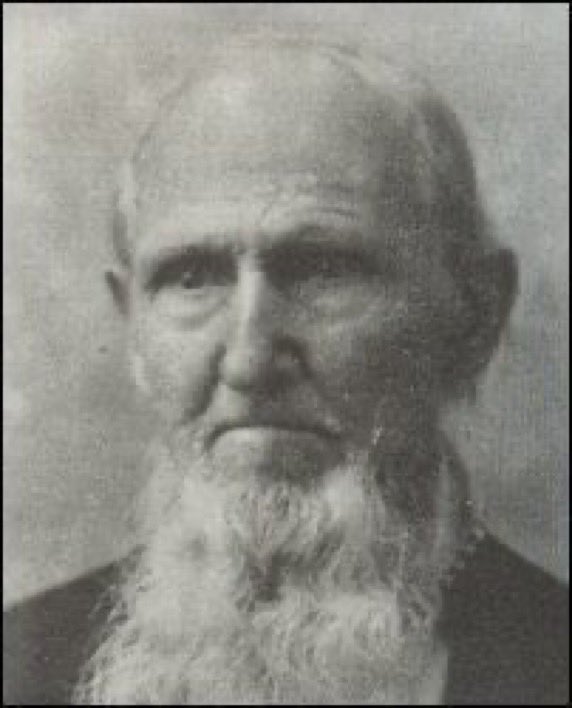
Donaldson determined that the local Free State Hotel posed a threat to public safety, having been built in a style that could be easily fortified. He and Jones, now recovered, decided to return to Lawrence with the goal of destroying the hotel and local anti-slavery newspapers. 


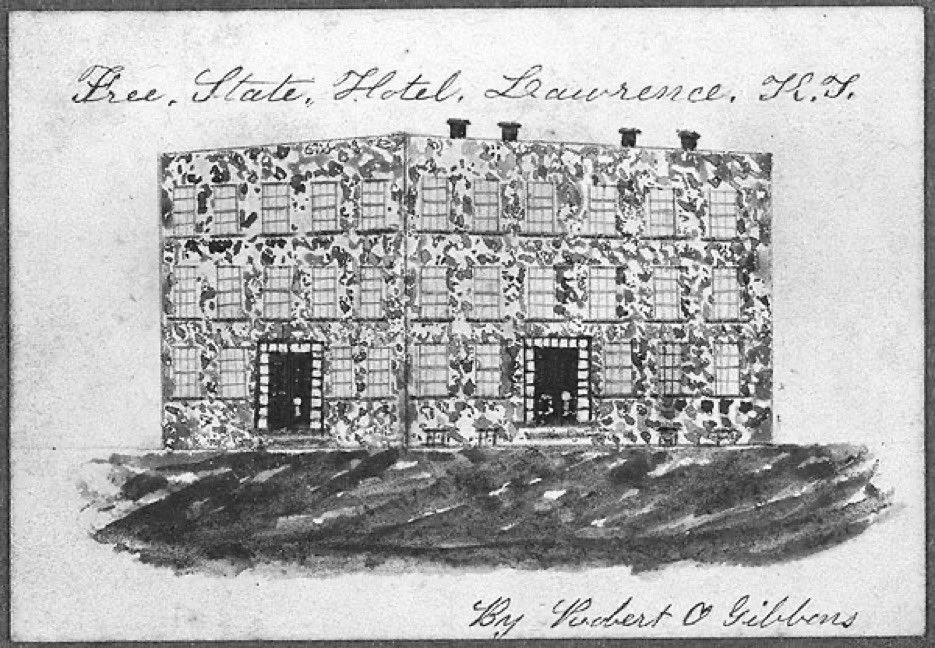
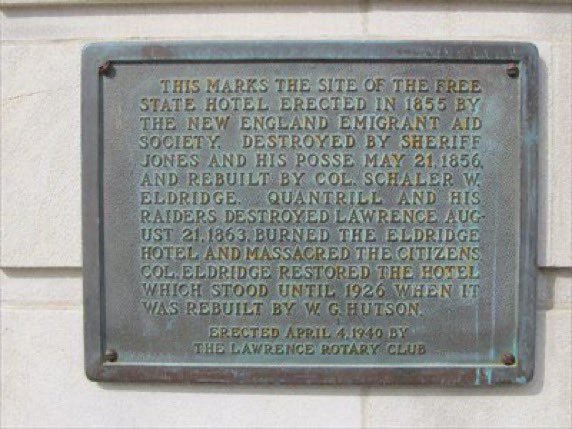
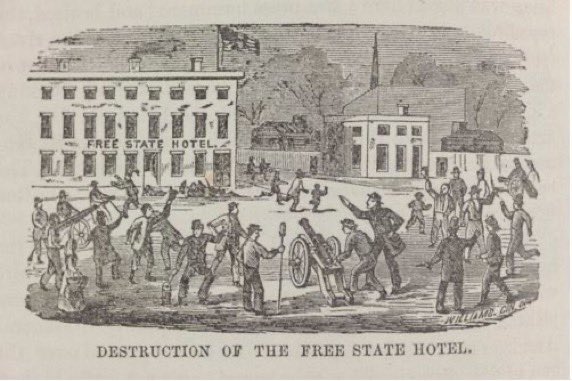
They gathered 800 men, mostly southerners, and marched on the town. They occupied Robinson's home and the town itself. After several attempts they succeeded in burning down the hotel and destroying the presses of the Kansas Free State and Herald of Freedom newspapers. 
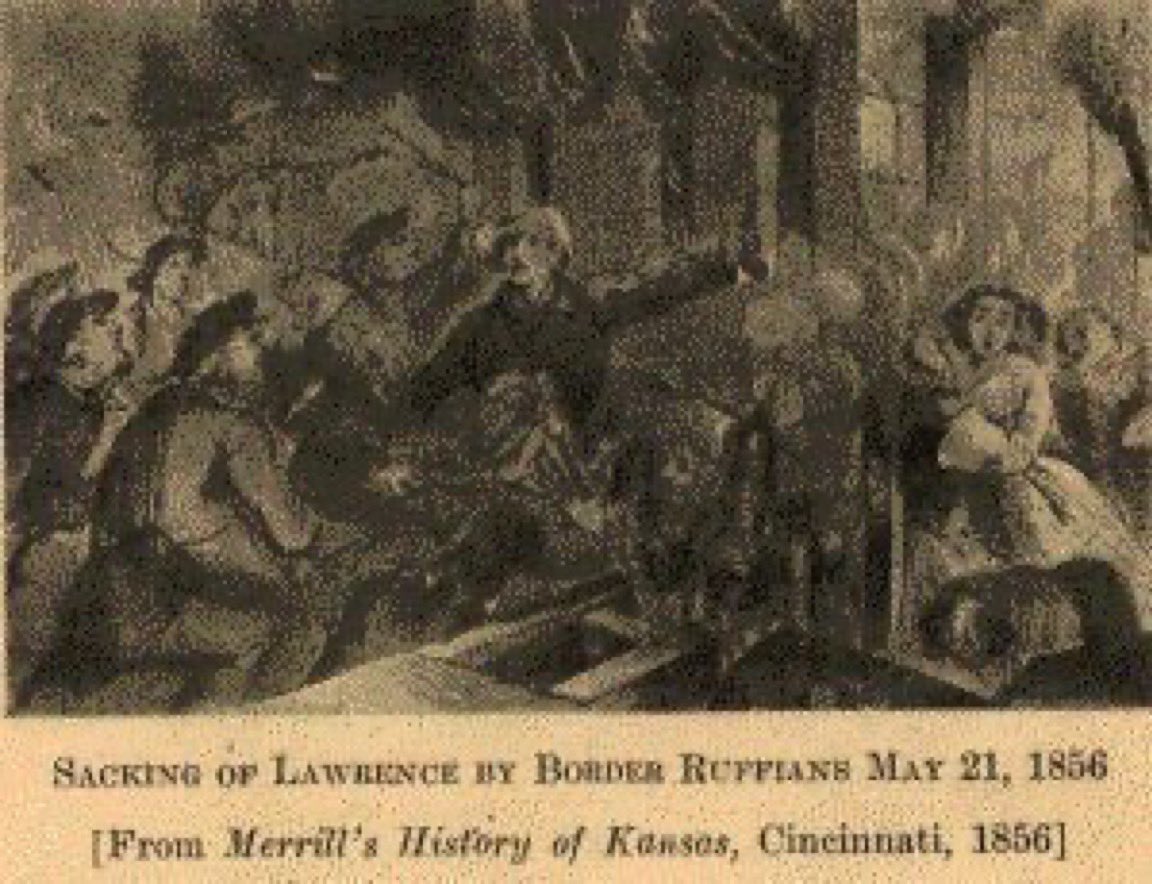
They also burned Robinson's home as they left town. There was only one fatality, one of the southerners, who was killed by a falling brick when the burning hotel collapsed. 
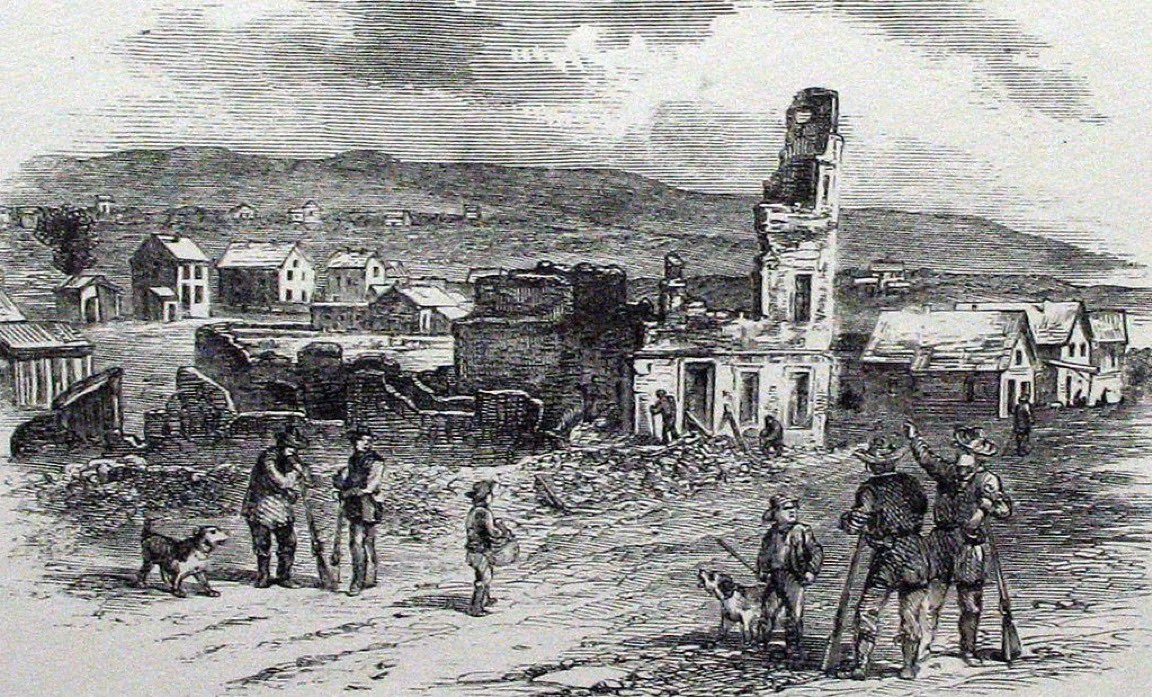
Within days, abolitionist John Brown would seek revenge for the sacking of Lawrence by attacking and killing five pro-slavery settlers near Pottawattamie Creek. 



• • •
Missing some Tweet in this thread? You can try to
force a refresh




